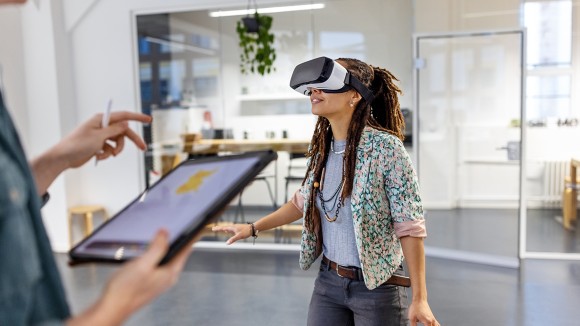 Takahiro Kawabe is a Senior Distinguished Researcher, the Leader of Sensory Representation Group, Human Information Science Laboratories, NTT Communication Science Laboratories. He studies basic and applied aspects of human perception. Dr Kawabe has been an Editorial Board Member for Scientific Reports since 2021.
Takahiro Kawabe is a Senior Distinguished Researcher, the Leader of Sensory Representation Group, Human Information Science Laboratories, NTT Communication Science Laboratories. He studies basic and applied aspects of human perception. Dr Kawabe has been an Editorial Board Member for Scientific Reports since 2021.

 Enzo Pasquale Scilingo, is a full Professor in Electronic and Information Bioengineering at the University of Pisa. He leads the Biolab laboratory at the Information Engineering Department, coordinating two European projects in the frameworks FP7 and H2020 in the field of personalised health systems for predicting the onset of mood disorders. Currently he coordinates a FET project on the modelling and characterization of emotional body odours. His main research interests are in wearable monitoring systems, affective computing, virtual reality and social robotics, human-computer interfaces, biomedical and biomechanical signal processing, modelling, control and instrumentation. Prof Scilingo has been an Editorial Board Member for Scientific Reports since 2017.
Enzo Pasquale Scilingo, is a full Professor in Electronic and Information Bioengineering at the University of Pisa. He leads the Biolab laboratory at the Information Engineering Department, coordinating two European projects in the frameworks FP7 and H2020 in the field of personalised health systems for predicting the onset of mood disorders. Currently he coordinates a FET project on the modelling and characterization of emotional body odours. His main research interests are in wearable monitoring systems, affective computing, virtual reality and social robotics, human-computer interfaces, biomedical and biomechanical signal processing, modelling, control and instrumentation. Prof Scilingo has been an Editorial Board Member for Scientific Reports since 2017.

